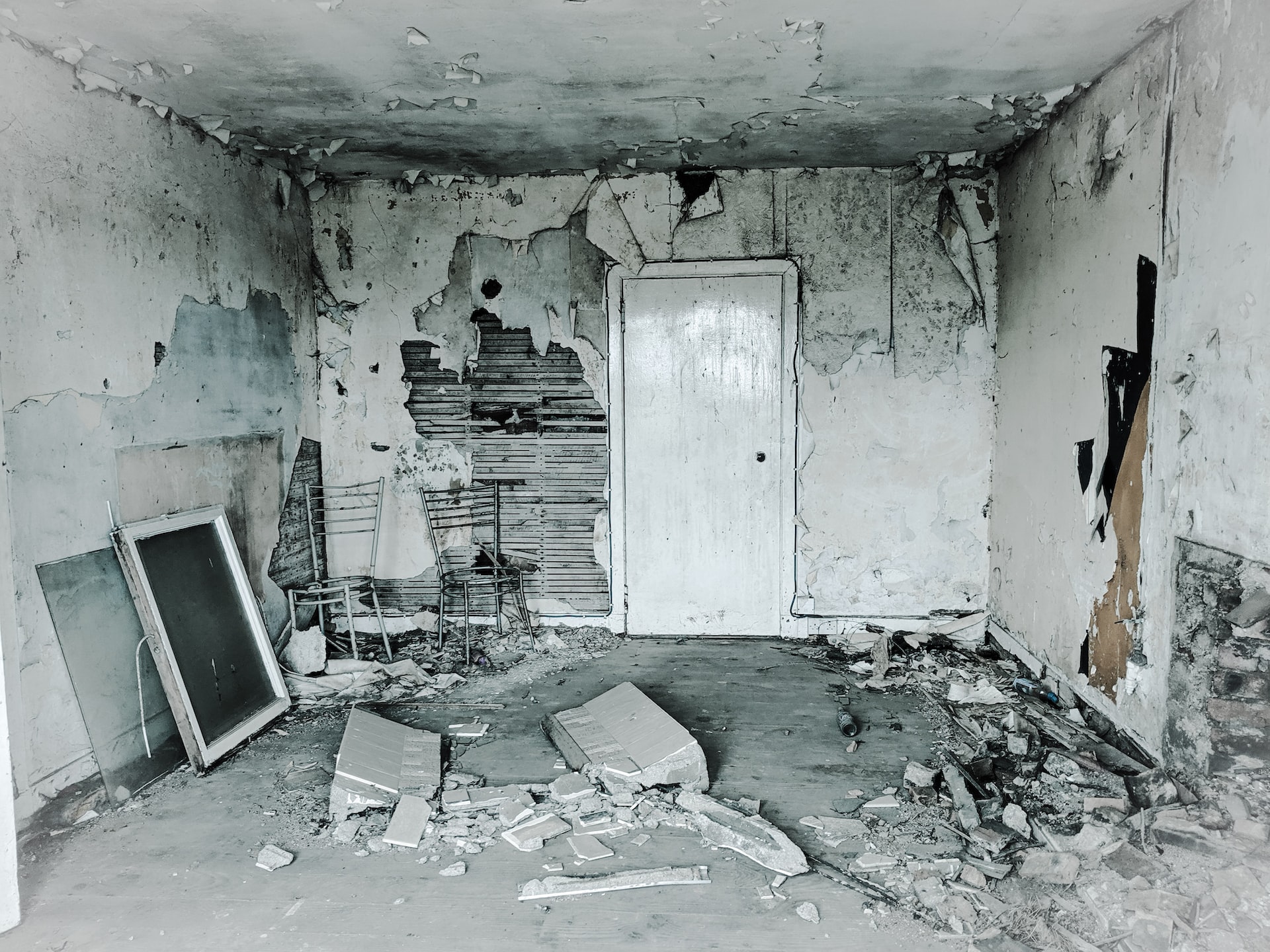As a homeowner, one of the major concerns you should have is protecting your home from any moisture and moisture damage. In addition to health reasons, protecting your property from moisture is an excellent way to maintain its structural integrity. This is why damp proofing is very important and in this article, we have highlighted everything you need to know about damp proofing your home’s foundation and basement.
Why damp proofing?
By damp proofing the walls of your foundation or basement (i.e., below ground level), you are essentially preventing moisture (soil moisture) from entering your property.
Although most homes built after the 1950s will typically have a damp proof course (DPC) already installed, it can begin to fail after several years and will need to be replaced. A mixture containing either asphalt or tar is commonly used for foundation damp proofing. The mixture which is applied to the outside walls of the foundation, bonds to the walls and forms a seal that prevents any moisture from entering.
When should you damp proof your foundation and basement?
Damp proofing is first done during the construction of a new home as a way of preventing any moisture-related structural damage for several years. However, because of the temporary nature of the various forms of damp proofing, it is possible for them to fail after several years. This means that new damp proofing will be required.
What are the different methods of foundation and basement damp proofing?
Damp proof membranes
This is one best ways to damp proof your foundation and basement walls. During the installation, a water repellent membrane is placed between the area of the foundation that is susceptible to soil moisture and the area adjacent to it. Depending on individual needs, the water repellent membrane can be vertically or horizontally applied to the susceptible area of the foundation. This membrane can also be applied to a basement or crawl space in a process known as tanking.
Bituminous damp proofing
Another way to maintain the integrity of your property’s foundation is bituminous damp proofing. This involves using a mixture of moisture repellent and any substance, including asphalt and bitumen that is extremely sticky. Its adhesive nature makes it a popular foundation damp proofing method since it can easily stick to any foundation.
Foundation tar
This method is mostly used for damp proofing the exterior part of a foundation wall. It creates a damp proof coating that is impermeable to moisture. Foundation tar tends to add a dark appearance to the foundation, so it is more suited for uninhabitable areas like a crawl space.
Should damp proofing be done on the inside or outside of the foundation?
Damp proofing can be done on either side of a foundation. However, damp proofing from the outside of the foundation is much easier and better as it quickly stops the moisture before it can get to the basement floor.
Before you begin damp proofing from the outside, ensure that any existing damage to the foundation wall is properly repaired. The best method you can use for damp proofing the exterior is a damp proof membrane or course, as it forms an impenetrable barrier, preventing any moisture from reaching your property’s floors.
Damp proofing the interior wall of your basement is also highly effective in sealing up any faults or cracks in the foundation, thus, preventing moisture from getting in. A damp proof membrane or foundation tar is often used for damp proofing the interior. This is because of their ability to stick to surfaces and the fact that they can effectively plug up any cracks that may compromise the foundation.
How often will foundation damp proofing be done?
Since none of the various methods of damp proofing stays on permanently, your home will most likely require damp proofing every 20-25 years.
The cost of foundation damp proofing
Certain factors such as; the square footage of your property, the damp proofing method you choose, timing and the presence of existing damage to the foundation can affect the total cost of having your foundation and basement damp proofed. Reputable damp specialists London will be able to advise on costs for damp repairs.
Who should carry out foundation damp proofing?
Although some home owners choose to DIY their home’s damp proofing, it is not recommended. Foundation damp proofing is very crucial for maintaining the structural integrity of your home, so hiring a licensed contractor or foundation specialist is always the best option.
Conclusion:
Without a doubt, foundation and basement damp proofing is a building requirement that simply cannot be ignored. In addition to protecting your home’s structural integrity, it ensures that your walls and floors do not develop damp, mould and the health issues that come with it.



 Bitcoin
Bitcoin  Ethereum
Ethereum  Tether
Tether  XRP
XRP  Solana
Solana  USDC
USDC  TRON
TRON  Lido Staked Ether
Lido Staked Ether  Cardano
Cardano  Avalanche
Avalanche  Toncoin
Toncoin